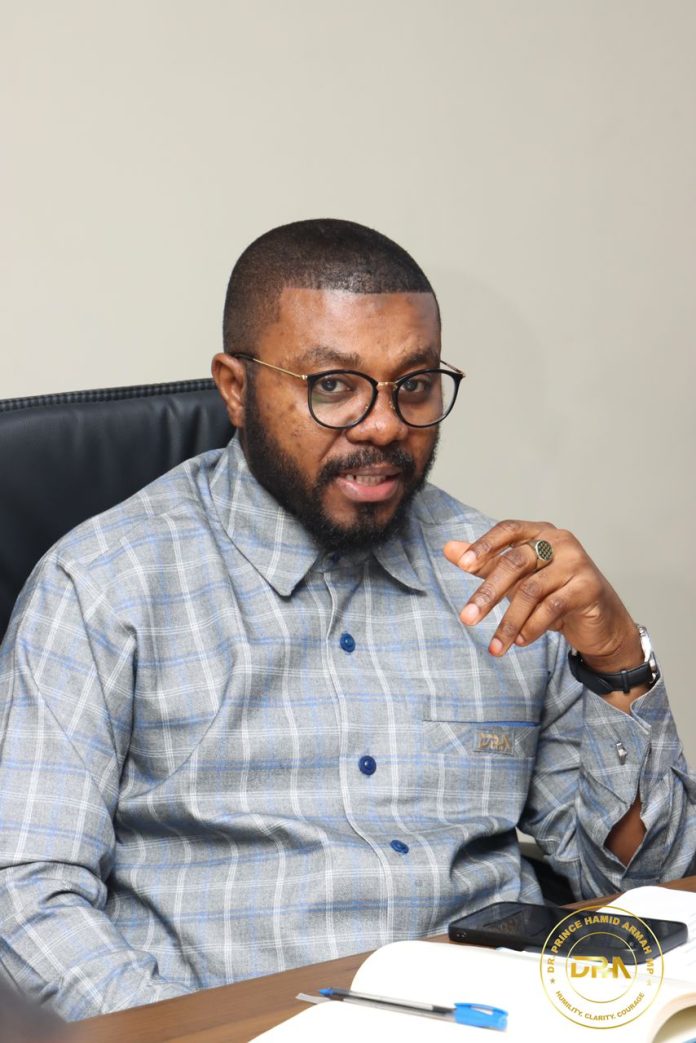As we commemorate African Union Day, it is an opportune moment to reflect on the strides Africa has made towards unity, peace, and prosperity. This day not only celebrates the founding of the African Union (AU) but also honors the relentless efforts of countries like Ghana, whose contributions have been pivotal in the journey towards African liberation and self-determination.
Ghana’s role in the liberation of Africa is both historic and profound. Under the visionary leadership of Dr. Kwame Nkrumah, Ghana became the first sub-Saharan African country to gain independence from colonial rule on March 6, 1957. This monumental event marked the beginning of a new era, inspiring a wave of independence movements across the continent.
Ghana: A Beacon of Hope and Liberation
Ghana’s independence was not merely a national victory but a significant milestone for the entire African continent. Dr. Nkrumah’s famous proclamation, “The independence of Ghana is meaningless unless it is linked up with the total liberation of Africa,” echoed the sentiments of a collective struggle against colonial domination. His unwavering commitment to African unity laid the foundation for the formation of the Organization of African Unity (OAU) in 1963, which later evolved into the African Union.
Support for Liberation Movements
Ghana, under Nkrumah, became a sanctuary for freedom fighters and liberation movements from across Africa. The country provided moral, financial, and logistical support to liberation struggles in countries like South Africa, Zimbabwe, Angola, and Namibia. Accra became the epicenter for anti-colonial discourse, hosting numerous conferences and meetings that galvanized efforts towards decolonization.
The Role of J.B. Danquah
While Dr. Nkrumah is often celebrated for his leadership in Ghana’s independence and African unity, the contributions of Dr. Joseph Boakye Danquah, another founding father of Ghana, are equally noteworthy. J.B. Danquah was a formidable intellectual and a passionate advocate for self-governance and civil liberties. His political activism and scholarly work laid the intellectual foundation for Ghana’s independence movement.
Danquah was instrumental in the formation of the United Gold Coast Convention (UGCC) in 1947, which was the first political party in Ghana to demand self-governance. His advocacy for constitutional reforms and the rule of law significantly influenced the political landscape of the Gold Coast, steering it towards independence. Danquah’s contributions to the legal and political framework of Ghana underscored the importance of democracy and human rights, principles that continue to resonate in the broader context of African liberation.
Pan-Africanism and Unity
Dr. Nkrumah’s vision of a united Africa was deeply rooted in the principles of Pan-Africanism. He advocated for a continental government, believing that political and economic integration was essential for Africa’s development and global standing. This vision continues to resonate within the African Union’s agenda, emphasizing the need for solidarity and collective action in addressing the continent’s challenges.
Economic and Social Contributions
Ghana’s contribution to Africa’s liberation extends beyond political support. The country has been at the forefront of promoting economic and social development initiatives. Through the African Continental Free Trade Area (AfCFTA), headquartered in Accra, Ghana is championing efforts to boost intra-African trade, enhance industrialization, and create jobs. These initiatives are crucial for realizing the AU’s Agenda 2063, which envisions an integrated, prosperous, and peaceful Africa.
Championing Peace and Security
In the realm of peace and security, Ghana has been an active participant in AU-led peacekeeping missions. The country’s military and police personnel have served in conflict zones across Africa, contributing to stabilization and peacebuilding efforts. Ghana’s commitment to promoting peace and security underscores its role as a responsible and influential member of the African community.
Conclusion
As we celebrate African Union Day, it is essential to acknowledge and appreciate Ghana’s enduring contributions to the liberation and unity of Africa. The legacy of Ghana’s founding fathers, including both Dr. Kwame Nkrumah and Dr. J.B. Danquah, continues to inspire current and future generations to work towards a cohesive, resilient, and prosperous Africa.
Ghana’s journey, from the first independent African nation to a champion of continental integration and development, epitomizes the spirit of African unity that the AU strives to uphold. On this day, let us reaffirm our commitment to the ideals of Pan-Africanism and work collectively towards achieving the vision of a united and flourishing Africa.
Happy African Union Day!
By Prince Hamid Armah, PhD
The author is the Member of Parliament for Kwesimintsim, and Deputy Minister for Works and Housing.









